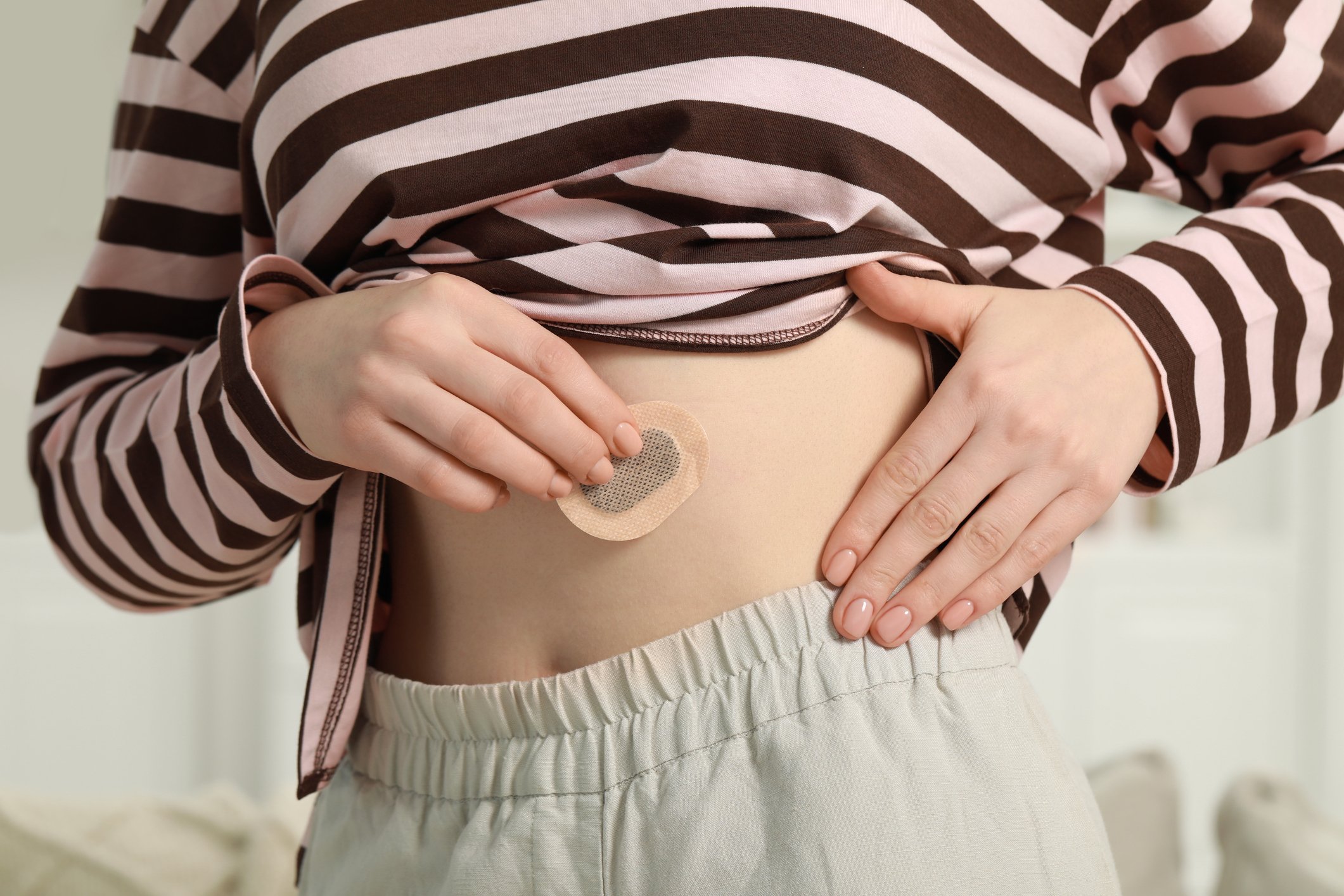Are You Ready for an Emergency?
By Leah Samera, PharmD Candidate, Class of 2018
University of Arizona College of Pharmacy
September 8, 2017
Prescription Drugs, Your Health & Wellness

Ready, a public service campaign designed to educate and empower citizens to prepare for emergencies such as natural and man-made disasters, proclaims September to be National Preparedness Month (NPM). In the aftermath of Hurricane Harvey and in anticipation of Hurricane Irma, you may be wondering how to go about preparing for such events. This is especially important to consider if you have a chronic disease or condition.
Illness Follows Disaster
Studies have found that upwards of 70% of the Hurricane Katrina survivors had at least one chronic condition. Additionally, 58% of the visits to emergency treatment facilities in New Orleans after Hurricane Katrina were due to illness, 24% of which were associated with chronic diseases. The research on disasters’ effects on chronically ill patients only serves to reinforce the fact that these emergency situations can lead to both exacerbation and death from chronic illnesses due to direct stress of the disaster, interruption of care, or both.
Emergency Plans and Kits
Organizations like the American Red Cross recommend having an emergency plan and kit prepared for use during a disaster. Some obvious items that should be included in such a kit are water, food, and first aid supplies. However, it is also critical that you have a 7-day supply of your medications on hand as well as any other tools or devices used for your health such as hearing aids with extra batteries, syringes, blood pressure cuffs, et cetera. In order to have at least a 7-day supply of your medications, you must order refills of your prescription medications as soon as you are able rather than before you run out. It is best to keep these items together and in a location that is easy to get to in an emergency.
Planning Ahead
Medications should be stored away from heat, light, and moisture; if possible, keep them in their original bottles and store the bottles in a waterproof bag or container. If you have medications such as insulin that need refrigeration, have a freezer pack and cooler available. It is also important to stay up-to-date on all immunizations, including tetanus, especially if you have diabetes. Additionally, because the stress of these disasters can exacerbate your conditions, it is best to also make appropriate lifestyle changes such as restricting salt intake if you have high blood pressure or learning the carbohydrate counting approach if you have diabetes.
Other Handy Emergency Items
Other items that you should have handy in case of an emergency include any over-the-counter medications you may need like pain relievers, as well as your medication list and insurance card. It is important to keep an up-to-date medication list that not only catalogs the names of your current medications but also their strengths, indications, directions, and prescribers; any bad or allergic reactions you may have had to medications in the past should also be documented. Your prescription benefit card may be needed for approval of an emergency supply if you run out of or lose your medications, or if your medications get damaged or contaminated.
In the event that you end up requiring medications and health resources:
- RxOpen.org maps open and closed pharmacies, American Red Cross shelters, and infusion centers in areas affected by disasters.
- The charity Direct Relief provides free prescription drugs and medical supplies to low-income patients at community health centers or clinics.
- Keep a list of nearby pharmacies and hospitals as well as their phone numbers.
By doing what you can to prepare for disasters, you can lower your risk of exacerbations of your health conditions. As the theme for NPM states: “Disasters Don’t Plan Ahead. You Can.”
References:
- National Preparedness Month. https://www.ready.gov/september. Accessed September 7, 2017.
- Kessler RC, Hurricane Katrina Community Advisory Group Hurricane Katrina’s impact on the care of survivors with chronic medical conditions. J Gen Intern Med. 2007;22(9):1225–1230. https://www.ncbi.nlm.nih.gov/pmc/articles/PMC2219784. Accessed September 8, 2017.
- Sharma AJ, Weiss EC, Young SL, et al. Chronic disease and related conditions at emergency treatment facilities in the New Orleans area after Hurricane Katrina. Disaster Med Public Health Prep. 2008;2(1):27–32. https://www.ncbi.nlm.nih.gov/pubmed/18388655. Accessed September 8, 2017.
- Be Prepared for an Emergency. Be Red Cross Ready! https://www.redcross.org/get-help/prepare-for-emergencies/be-red-cross-ready/get-a-kit. Accessed September 7, 2017.
- Emergency Preparedness for Prescription Medications. https://www.mayo.edu/pmts/mc6000-mc6099/mc6012-39.pdf. Published 2016. Accessed September 7, 2017.
Are you concerned Hurricane Irma
may impact your prescription refills?
The State Law may be on your side; early refills are permissible.
For medications not covered by insurance,
the ScriptSave® WellRx program is here to help.
Recommended Articles









